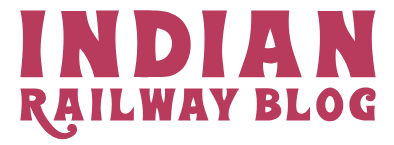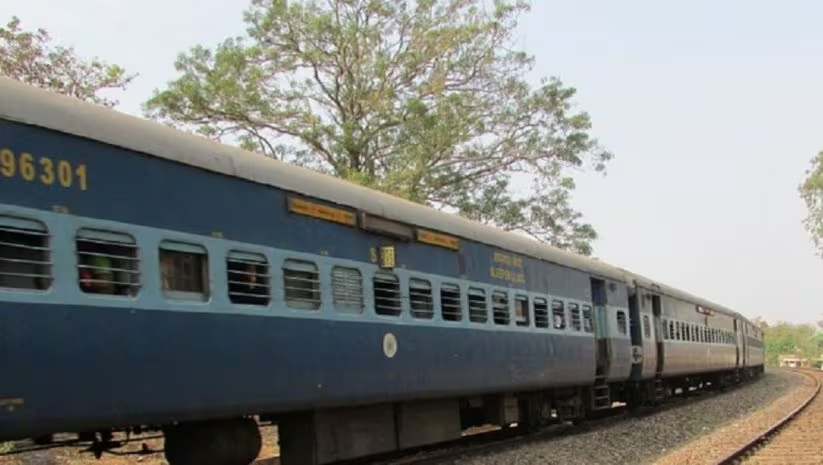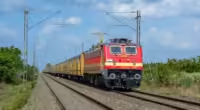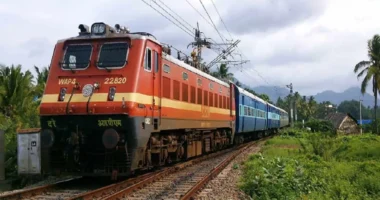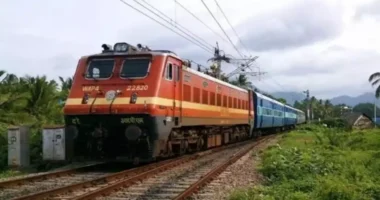The backbone of India’s railway network, the loco pilots, are gearing up for a significant protest over running allowances and duty hours. Scheduled for October 18, this protest highlights ongoing concerns that have yet to be addressed adequately by railway authorities. This unrest underscores broader labor issues within India’s critical transportation infrastructure.
Understanding the Grievances
The grievances posed by the loco pilots revolve primarily around two major issues: inadequate running allowances and excessive duty hours. Understanding these helps shed light on the daily challenges faced by these essential workers.
Running Allowances: An Essential Component
At the heart of the protest is the issue of running allowances. These allowances are vital for loco pilots as they compensate for the rigors and demands of their job, providing them with necessary financial benefits. Here are some key points regarding running allowances:
- Inadequate Compensation: Many loco pilots feel that their current compensation does not reflect the physical and mental strain experienced during long hours of operation.
- Discrepancy in Distribution: The distribution of running allowances is often seen as inconsistent, leading to frustration among the ranks.
- Impact on Morale: Fair compensation is critical for maintaining high levels of productivity and safety, which are essential in the demanding environment of railway operation.
Duty Hours: A Balancing Act
The second core issue pertains to duty hours, with many loco pilots expressing concerns over long and unpredictable work hours, which can have adverse effects on both their health and safety.
- Extended Work Hours: Loco pilots often face shifts that are longer than the standard, sometimes going beyond the physical endurance of even the most seasoned workers.
- Safety Concerns: Long hours can lead to fatigue which, in turn, increases the risk of accidents, posing a threat to both the crew and passengers.
- Lack of Time for Rest: Without sufficient downtime, pilots cannot adequately recover, affecting their ability to perform optimally.
The Impact of These Issues
The issues facing loco pilots have implications that go beyond individual grievances, affecting the entire railway network and its service delivery. Let’s explore these impacts:
Operational Efficiency
The Indian Railways is a vast network requiring seamless coordination and management. When conditions for pilots are tough, it directly affects the system’s operational efficiency:
- Delays: With overworked pilots, unscheduled breaks and the inability to report to duty on time may lead to train delays.
- Service Disruption: Frequent labor unrest can disrupt the schedule, impacting not just passengers but cargo, leading to broader economic repercussions.
Safety Risks
Safety is a paramount concern when operating a train, and the workload of loco pilots significantly influences safety standards:
- Increased Accidents: Fatigued pilots are more prone to errors, which can lead to tragic accidents, risking lives and leading to significant material losses.
- Public Confidence: Safety issues can shake public confidence in the railway system, affecting its popularity and frequent use.
Morale and Employee Retention
Happy employees are productive employees. When loco pilots feel underappreciated or overburdened, it leads to a workforce crisis:
- High Turnover: Dissatisfaction can lead to high turnover, which creates a vacuum of skilled operators and requires costly training regimens for new recruits.
- Low Morale: Poor morale can spread across teams, reducing overall productivity and enthusiasm for safety practices.
The Call for Change
Loco pilots are not protesting in isolation; their growing agitation reflects the importance of institutional reforms. Addressing their grievances could enhance the working conditions across the network and present the railway administration as a pro-active institution committed to the well-being of its workforce.
Steps Forward
A series of measures can help alleviate the tension among loco pilots and provide a framework for more sustainable operations:
- Review of Allowances: A comprehensive assessment of the current running allowances, factoring in inflation and current living costs, would provide loco pilots with fair compensation.
- Regulation of Duty Hours: Implementing strict policies on maximum working hours and ensuring adequate rest is crucial for both safety and health.
- Continuous Dialogue: Establishing ongoing communication platforms between pilots and management can address issues before they result in protest actions.
Government and Public Support
For meaningful reform, the government must also play a supportive role while keeping the public informed:
- Policy Interventions: Government policies could provide mandatory guidelines for railway operation safety and employee well-being.
- Transparency: Keeping the public informed about initiatives taken to resolve these grievances can help regain trust in public transportation services.
Conclusion
The planned protest by loco pilots underscores the necessity of addressing running allowances and duty hours as an integral part of maintaining a robust railway system. Solutions lie not only in short-term fixes but in establishing a more sustainable and human-centric work environment that values service and safety above all.
As the date approaches, the broader railway fraternity, policymakers, and stakeholders must jointly work towards solutions that safeguard the interests of loco pilots, ensuring the railway system remains a backbone of the nation’s transport ecosystem.
“`
